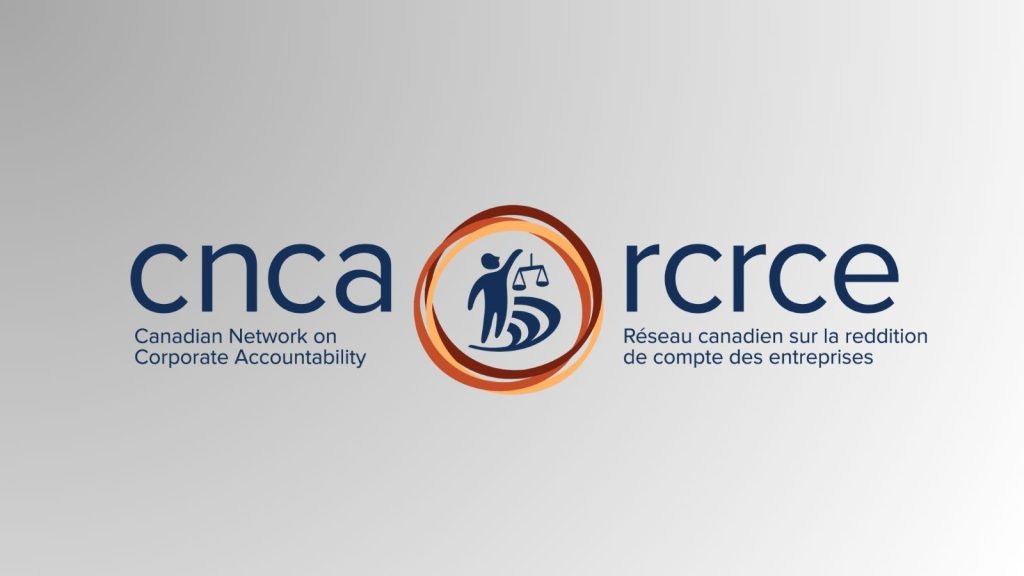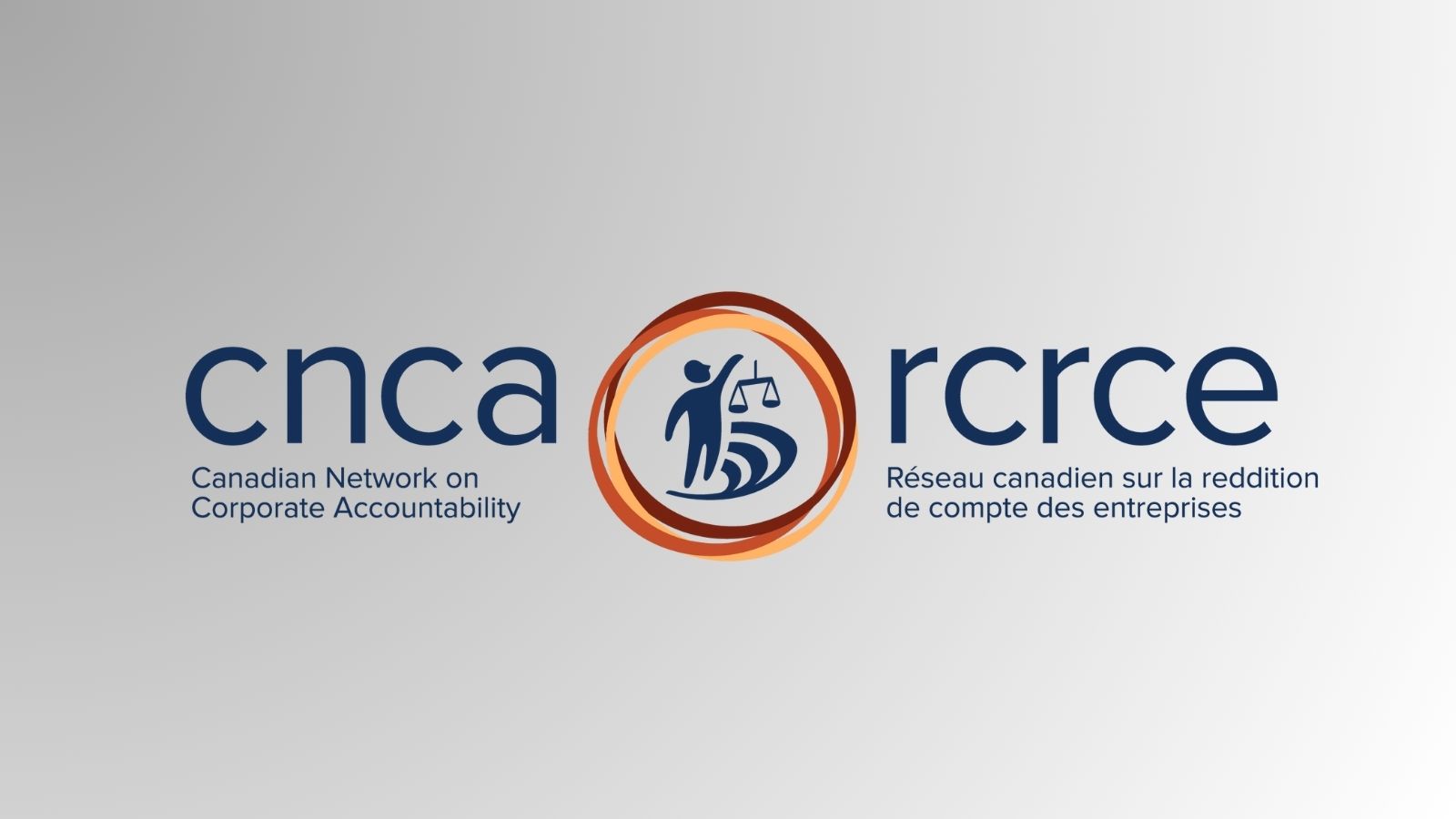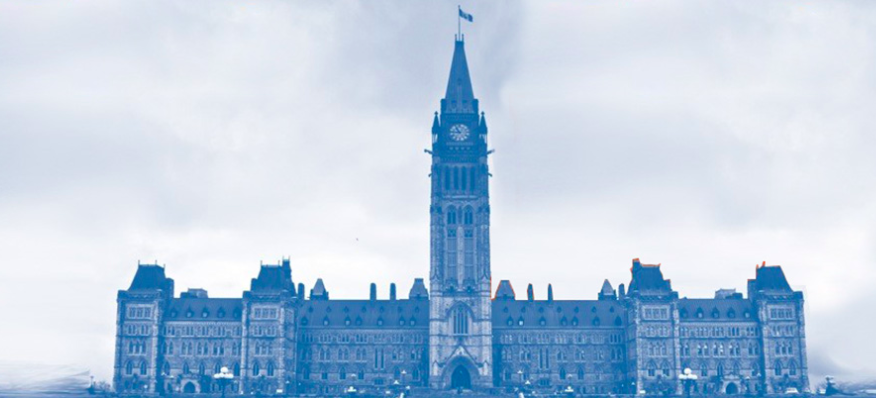Canadian companies operating abroad are associated with widespread and egregious human rights abuses, including forced labour, sexual assault, serious environmental damage and killings. Yet five years after the Government of Canada announced an independent ombudsperson office with the powers needed to effectively investigate, the CORE still does not have meaningful powers to serve impacted communities and workers.
“Without independence and investigatory powers, the CORE won’t serve impacted communities. In fact, it has all the hallmarks of the failed offices it is supposed to be replacing. It is like giving someone a car, but telling them that the engine won’t be installed for two years,” said Emily Dwyer, Policy Director, Canadian Network on Corporate Accountability. “It is unconscionable that a full five years after promising real action to address corporate abuse that the Government of Canada has taken no steps to provide the office with the basic minimum powers needed to do its job.”
Even the Canadian government’s own experts confirm that the CORE does not currently have sufficient tools to engage in credible and effective investigations, and that the absence of the power to compel documents compromises the office’s effectiveness as the CORE will depend on the voluntary cooperation of companies.
The CORE opened its doors to complaints in March 2021. To date, the CORE has determined that 14 complaints that it has received are admissible.
“Because the CORE doesn’t have the basic minimum powers required to be effective, vulnerable people would waste their limited time and resources if they filed a complaint, and could face increased risks of harm. The CNCA continues to advise its partners to approach the office of the CORE with caution, if at all,” says Aidan Gilchrist-Blackwood, Network Coordinator at the CNCA. “Given that there is often nowhere else for people to go, it is understandable that the office is receiving some complaints, even though it isn’t equipped to serve the needs of impacted communities.”
“People who are harmed by Canadian businesses have been waiting far too long for an avenue toward effective remedy in Canada,” said Dwyer. “While Canada has been dragging its heels, there is growing momentum towards comprehensive corporate accountability laws in many other countries. Canada should move quickly to catch up by giving the CORE the powers needed to investigate and moving quickly to implement mandatory human rights due diligence legislation.”
Dwyer continued: “The government must take decisive action to stop corporate abuse. That was the promise made in January 2018. That is the promise that must be kept.”
===
Media contact: Aidan Gilchrist-Blackwood; agilchristblackwood@cnca-rcrce.ca
===
Additional background information
- In January 2018, the Government of Canada publicly announced the creation of a Canadian Ombudsperson for Responsible Enterprise (CORE) and committed to entrusting the office with the necessary tools to conduct credible independent investigations, including the power to compel documents and summon witnesses.
- However, in April 2019, the government backtracked on that commitment and instead appointed a special advisor to the Minister of International Trade Diversification without the needed investigatory powers and commissioned expert legal advice on how to give the Canadian Ombudsperson for Responsible Enterprise (CORE) the powers it needs to do its job, at some future date.
- That expert legal advice – the McIsaac Report – confirms
- that the federal government has the legal tools to immediately give the CORE the powers it needs to do its job through the Inquiries Act or stand-alone legislation
- that without the power to compel documents and testimony the CORE’s “effectiveness may be compromised” because it “will be dependent on the cooperation of the complainant and the entity being investigated.” In other words, the CORE would have to rely on companies under review voluntarily sharing the information needed to complete an investigation.
- The Government of Canada concealed and ignored the findings of that report until it was leaked in February 2021.
- In June 2021 a majority of the members of the international human rights subcommittee recommended that the CORE be given the power to compel witnesses and documents. CNCA’s submission to that study is here.
Two private members bills, if adopted, would contribute meaningfully to the government’s commitment to ensure Canadian businesses respect human rights in their global operations. Both bills were introduced in March 2022.
- Bill C-263, An Act to establish the Office of the Commissioner for Responsible Business Conduct Abroad and to make consequential amendments to other Acts, would invest the Canadian Ombudsperson for Responsible Enterprise (CORE) with the powers to order the production of documents and compel witness testimony under oath.
- Bill C-262, An Act respecting the corporate responsibility to prevent, address and remedy adverse impacts on human rights occurring in relation to business activities conducted abroad, would require companies to review all their business activities, identify actual and potential risks to people and the planet, take steps to mitigate the risks, and ensure remedy for those harmed. This is called human rights and environmental due diligence.





